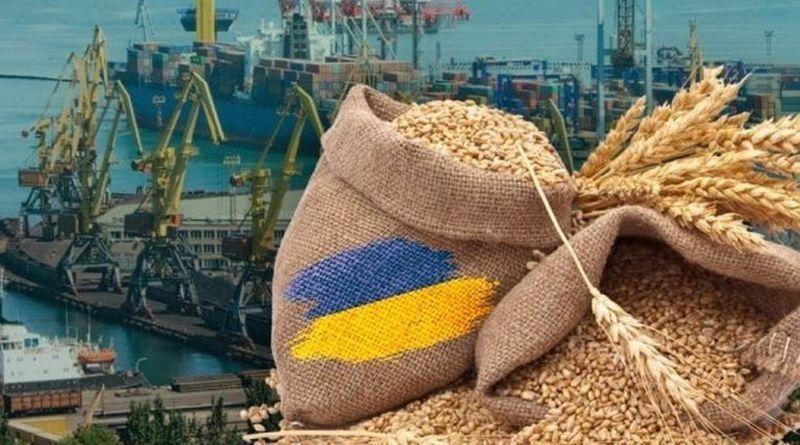Poland, Hungary, and Slovakia have decided to impose unilateral restrictions on imports of Ukrainian grain, despite the European Commission’s decision not to extend the embargo, reports Liga.net.
The three countries’ decision follows their protest of the decision yesterday.
Poland’s decision to ban imports of wheat, corn, rapeseed, and sunflower seeds is indefinite and took effect on 16 September. Polish Minister of Development and Technology Waldemar Buda called the EC’s decision a mistake, stating on Twitter “The Polish farmer comes first!”.
Meanwhile, Hungary is not only imposing unilateral restrictions but also expanding them to 24 types of Ukrainian products, announced Hungarian Minister of Agriculture István Nagy on Facebook. Imports of beef, pork, lamb, goat meat, and chicken, as well as wheat, rye, barley, corn, vegetables, sugar, and wine are prohibited.
However, the restrictions do not apply to cargo leaving the country within 15 days, meaning it is considered transiting through Hungary. Nagy explained to Vilaggazdasag that the country had no choice due to a lack of storage space. “If cheap Ukrainian imports again flood the markets of Central and Eastern Europe after 15 September, it will deprive the Hungarian corn and sunflower harvest of free storage,” he said.
Slovakia will ban imports of Ukrainian wheat, corn, canola, and sunflower seeds until the end of the year, reports Dennik N. “We must avoid excessive pressure on the Slovak market to remain fair to domestic farmers. At the same time, our move is a reaction to similar actions by Poland and Hungary,” the government said.
Meanwhile, Romania has expressed readiness to consider Ukraine’s proposed plan for regulating agri-food exports, to be submitted by 18 September. Based on these proposals, Bucharest promises to make a final decision on unilateral restrictions.
Bulgaria discontinued its ban on Ukrainian grain imports on 15 September.
EU ban on Ukrainian agricultural products
The EU imposed a ban on Ukrainian agricultural products in May 2023 as a temporary measure temporary measure “to avoid market distortions.” The decision followed unilateral bans in five EU countries bordering Ukraine, Poland, Hungary, Slovakia, Romania, and Bulgaria, in what has been called “blackmail” of the EU commission.
The ban only applied to domestic sales of Ukrainian wheat, maize, rapeseed, sunflower seeds, and sunflower oil, while allowing transit of such products for export elsewhere. It blocked over 14% of overall Ukrainian agricultural exports, dealing a blow to its wartime economy.
The EU lifted the ban on Ukrainian agricultural products on 15 September 2023, after Ukraine agreed to introduce legal measures within 30 days to avoid grain surges and ensure fair competition.
The EU also said that the market situation had improved and that the temporary measures had achieved their objective.
However, some EU countries, such as Poland, Hungary, and Slovakia, decided to extend their own national bans on Ukrainian products, citing the need to protect their farmers and food security.
Ukraine protested against these unilateral actions and threatened to seek arbitration from the World Trade Organization.
Betrayal in the fields: EU ban on Ukrainian food imports violates treaties, strikes wartime economy




